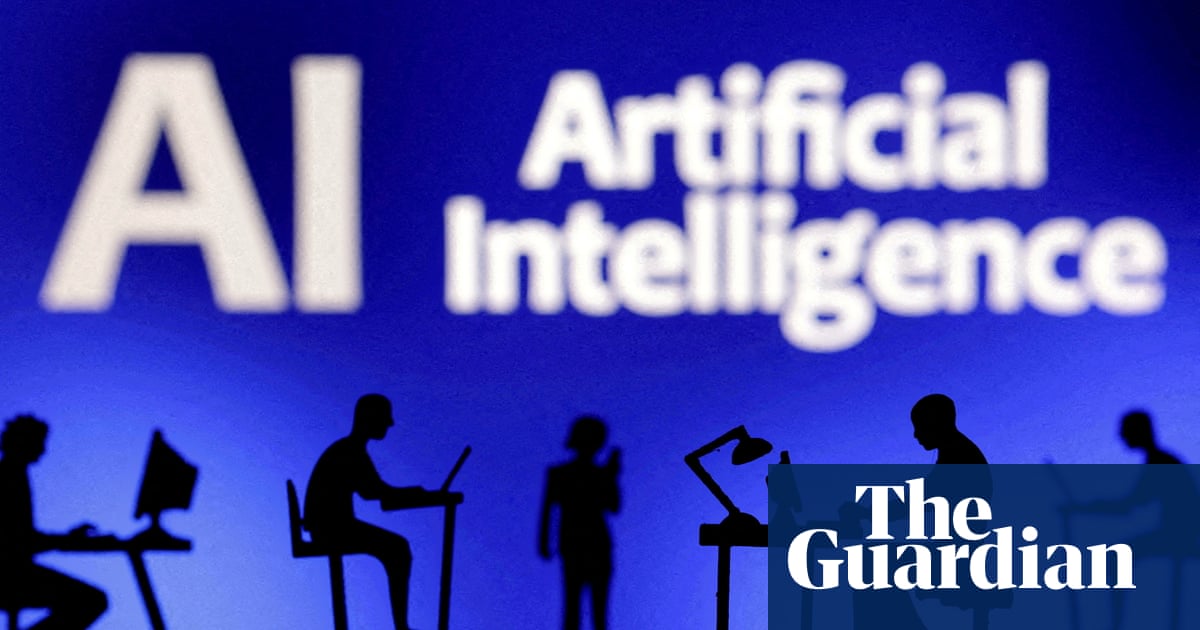
One thing seems for sure: people are not ready for “digital workers” just yet.
That’s the lesson learned by Sarah Franklin, the CEO of Lattice, a human resources and performance management platform that offers performance coaching, talent reviews, onboarding automation, compensation management and a host of other HR tools to more than 5,000 organizations around the world.
What is a digital employee? According to Franklin, it’s avatars like Devin the engineer, Harvey the lawyer, Einstein the service agent and Piper the sales agent who have “entered the workforce and become our colleagues”. But these are not real workers. They’re bots powered by AI. They’ve been introduced by companies like customer relationship management giant Salesforce and startups like Cognition.ai and Qualified to perform work in lieu of humans.
Salesforce’s Einstein, for example, can help sales and marketing professionals predict revenues, complete tasks and liaise with prospects. Cognition’s software engineer Devin can plan and execute complex engineering tasks requiring thousands of decisions, while recalling relevant context at every step as it learns over time, and fixes its own mistakes. Qualified’s sales rep Piper “works around the clock to convert inbound website traffic into pipeline” and is “bright, hard-working, and crushes her pipeline targets”. None of these agents – as far as I can tell – require health insurance, paid time off or retirement plans, either.
Seeing an opportunity, Franklin decided to take advantage. On 9 July, the company said that it would begin to support digital employees as part of its platform and treat them like any other employee.
“Today Lattice is making AI history,” Franklin pronounced. “We will be the first to give digital workers official employee records in Lattice. Digital workers will be securely onboarded, trained and assigned goals, performance metrics, appropriate systems access and even a manager. Just as any person would be.”
The pushback was swift – and, in many cases, brutal, particularly on LinkedIn, which is generally not known for its savage engagement like X (formerly known as Twitter).
“This strategy and messaging misses the mark in a big way, and I say that as someone building an AI company,” said Sawyer Middeleer, an executive at a firm that uses AI to help with sales research, on LinkedIn. “Treating AI agents as employees disrespects the humanity of your real employees. Worse, it implies that you view humans simply as ‘resources’ to be optimized and measured against machines. It’s the exact opposite of a work environment designed to elevate the people who contribute to it.”
Scott Burgess, a self-employed marketing executive, was even more direct.
“Terrifying,” he posted. “The more AI is being used all around, the more I am starting to be like this shit is going to ruin everything. Workers are already struggling enough and now they have to compete with ‘AI workers’[.] Can we put it back into its box and send it back?”
after newsletter promotion
The backlash – which even earned the post the dubious honor of being included in the “LinkedIn Lunatics” subreddit, was enough to force Franklin to suspend her company’s plans three days after her announcement.
Of course, these concerns are legit. But was Franklin in the wrong? Aren’t “digital employees” inevitable?
There’s no argument that AI is currently overhyped. We’ve seen the embarrassing fails of AI results generated from Google. We’ve experienced the less-than-stellar performance of Microsoft’s Copilot AI offering. We know that, with all the predictions and prognostications and soothsaying, AI is still very much in its infancy. Even the AI-powered “digital assistants” mentioned above are known to be only capable of performing the most rudimentary tasks so far and – at least from what I hear from my clients and read in some surveys – most executives correctly view AI at its early age to be as untrustworthy as a toddler.
Franklin made the same mistake that Microsoft, Google and other big tech platforms have made: overhyping something that’s still not ready for prime time in order to achieve a marketing edge. You can’t blame her for her vision. It’s just that she, like many others, executed that vision too soon. It’s still early days for AI, and humans are still trying to absorb its implications. There will certainly be “digital employees” and they will be working better than most human employees in the not-too-distant future. We just don’t know when that future will be. Clearly, it’s not right now.